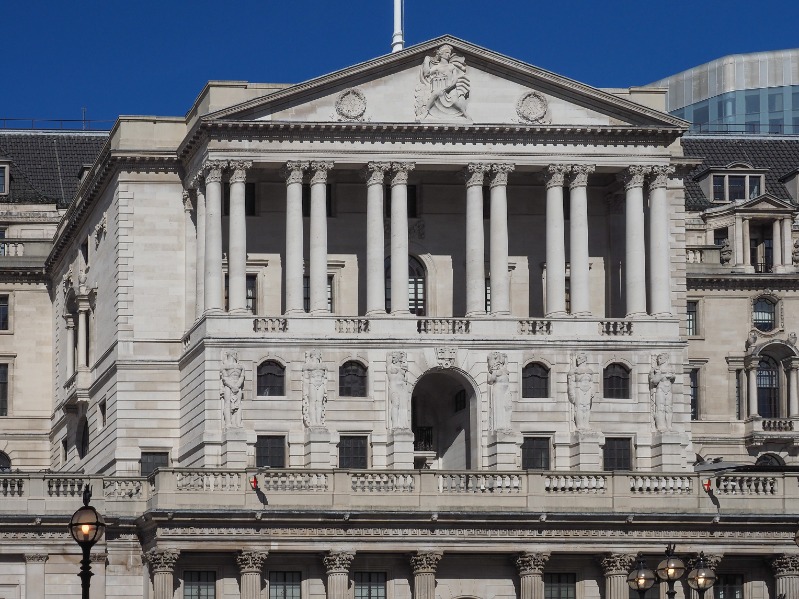
Bank of England’s deputy governor Jon Cunliffe has said that there may be a need for a digital British pound. Cunliffe said this while discussing whether the collapse of crypto exchange giant FTX influences the BoE’s decision to issue a digital pound.
Speaking at the Warwick Business School’s Gilmore Centre Policy Forum Conference on DeFi and Digital Currencies Cunliffe said:
“Over the past few days, I have had a few comments both to the effect that the collapse of FTX shows that we need to get on and issue a digitally native pound – and to the effect that FTX shows that we do not need to do so.”
Crypto policy frameworks in the UK
Besides rooting for a digital pound, the deputy governor also showed support for the UK’s efforts to issue appropriate regulations within the crypto space. According to him, FTX in particular is “emblematic of these new technologies and the possibility that they might revolutionize financial services and the forms that money takes.”
Cunliffe said that the UK crypto space needed relevant policy frameworks to protect investors and customers as well as provide financial stability and enable innovation in the field. Previously, he had proposed the existing financial regulations be extended to cover cryptocurrencies.
At the moment the financial Services and Markets bill, which could end up classifying crypto as financial instruments and giving UK regulators and the BoE more control over the sector, is being debated in parliament. The bill intends to give BoE power to regulate large issuers of payments focused on crypto assets like stablecoins.
Cunliffe has said that “the central bank will kick off a consultation on stablecoins next year that will look at the requirements for corporate structure, governance, accountability and transparency necessary to meet the standards expected in other parts of the financial system… The FTX example underlines how important these aspects are.”

